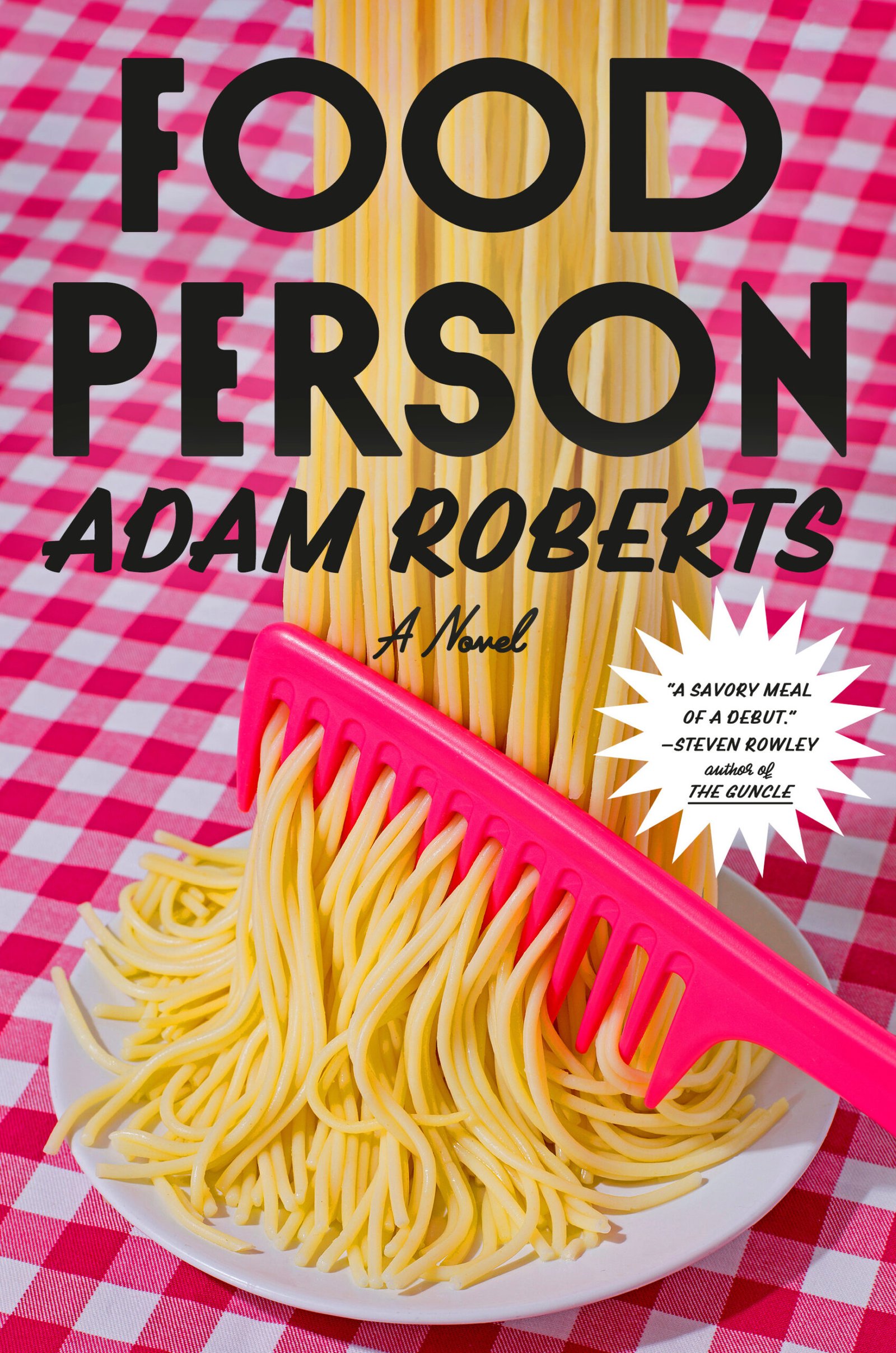Cooking Up Complexity: A Review of Food Person by Michael Roberts
As a book blogger and a self-proclaimed foodie, I found myself irresistibly drawn to Food Person by Michael Roberts. With a charmingly quirky protagonist navigating the tumultuous kitchen of life—both literally and metaphorically—I was eager to dive into this novel that promises both culinary delights and emotional depths. And let me assure you, it didn’t disappoint.
At its heart, Food Person follows Isabella Pasternak, a twenty-five-year-old food writer whose love for cookbooks rivals most people’s attachment to their smartphones. After a disastrous soufflé demonstration ends her tenure at the digital magazine Comestibles, Isabella reluctantly accepts a ghostwriting gig for Molly Babcock, a former TV star trying to reclaim her life through culinary arts. The initial transactional nature of their relationship soon evolves into something more layered and profound, echoing the novel’s exploration of ambition, vulnerability, and emotional solace found in food.
Roberts crafts Isabella with tremendous nuance, making her an unlikely heroine. She’s depicted as socially awkward due to genuine insecurities rather than quirky affectations. This depth allows readers to connect with her, especially as she finds refuge in "the perfect scrambled eggs" or immerses herself in Candy Babcock’s handwritten recipe collection. It’s a beautiful reminder that cooking is never just about food; it’s about love, care, and healing.
Molly Babcock is another remarkable creation. Rather than remaining a cardboard celebrity caricature, she emerges as a complex figure haunted by childhood trauma and mental health struggles. Roberts adeptly peels back the layers, showcasing Molly’s growth alongside her culinary skills. The pivotal pimento cheese soufflé serves as more than just a recipe; it embodies Molly’s quest to reconnect with her deceased mother, allowing food to become a metaphor for nurturing and healing.
The supporting cast adds to the richness of the narrative. Owen, Isabella’s best friend, defies stereotypes, bringing genuine ambition and flaws to life. Similarly, Isabella’s mother, Jeannie, is not simply a source of comic relief but a complex character grappling with grief and purpose. Each character is given room to breathe, contributing to the overall authenticity of the culinary world Roberts depicts.
Roberts’s background in food writing comes through in his depictions of the culinary landscape. His knowledge lends an air of authenticity that makes every description feel immediate and genuine. I found his reverence for culinary literature moving—Isabella’s love for authors like Judy Rodgers feels almost like a spiritual connection, and when she gifts Molly a treasured cookbook from her late father, the emotional weight is palpable.
Yet, while Food Person flourishes in many areas, it does stumble at times. The pacing in the middle sections can feel a bit slow, particularly during some redundant visits to Molly’s apartment. Furthermore, the resolution, while satisfying in its own right, could have benefited from a bit more gradual development. Additionally, certain secondary characters, particularly those within Comestibles, could use more depth.
In conclusion, Food Person is a heartfelt exploration of ambition, vulnerability, and the complex emotional connections we forge through food. If you’re a fan of character-driven narratives that beautifully intertwine culinary passion with authentic human experiences, this book is a must-read. It left me reflecting on my own relationships with food and the profound ways it can impact our lives, making me eager to share a meal—and a story—with those I love.
Discover more about Food Person on GoodReads >>







